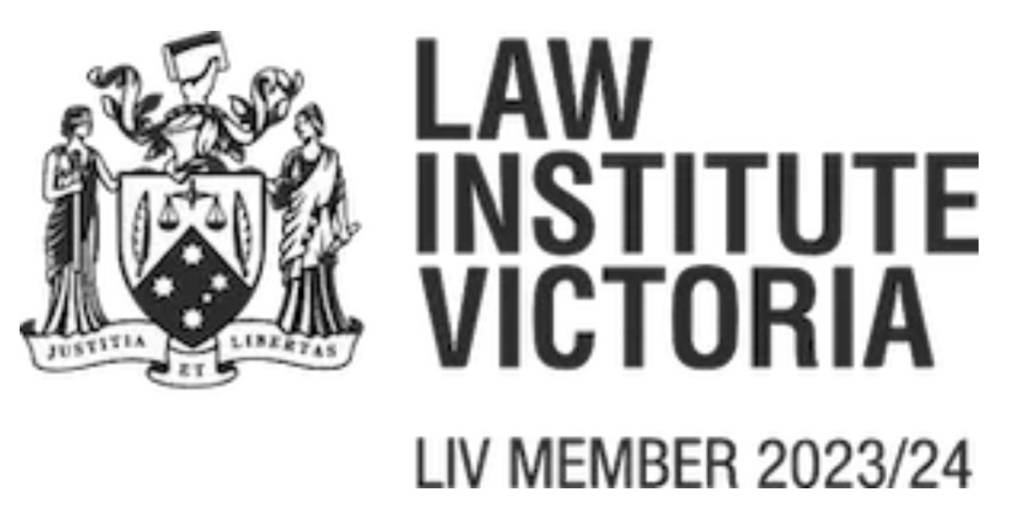Probate & Estate Administration
Shelbourne Legal - take the hassle out of probate
At Shelbourne Legal, we are here to help you every step of the way.
- accessing estate funds to pay for the funeral
- applying for a Grant of Probate or Letters of Administration
- property matters e.g. application by personal representative, survivorship application, transfer of land
- genealogy services to locate beneficiaries
- end to end estate administration – managing assets, arranging tax returns, handling conflicts/ estate claims, distributing assets to estate beneficiaries
We understand that loss of a loved one is one of life’s most stressful events.
First comes the shock, then the grief and then a great deal of paperwork. We are here to make the process as simple as possible.
We offer a ½ hour FREE, no obligation telephone consultation. Speak to our friendly lawyers today and have your probate and estate administration question answered.
For simple applications, we will prepare your application in just 7 days.
We appreciate that having certainty about your legal costs is important.
We charge a fixed fee of $1,500.
Estates are often seen as “easy money” to lawyers. Professional trustees charge up to 5.5% on the capital of an estate, so an estate worth $700,000 could be up for fees in excess of $40,000. We believe in charging for the work involved as opposed to the size of the estate.
Our fixed fee means that you have certainty of the costs from the outset. The lodging fees are charged by the Probate Office, and are calculated based on the size of the Estate. These fees can be found on the Supreme Court website: Probate Office fees | The Supreme Court of VictoriaOur Process:
Step 1
Contact us and book in for a free, no obligation initial telephone chat.
Step 2
We will prepare the probate application and attend to lodgement.
Step 3
Probate is Granted!
Frequently Asked Questions
A Grant of Probate is a legal document issued by the Court which, in effect, enables executors to deal with the deceased’s assets.
Probate is often referred to as the proving of the Will by the Court. A Grant of Probate provides asset holders with the assurance of the validity of the will and the executor’s appointment.
A grant of Letters of Administration is a legal document issued by the Court to the deceased’s next of kin authorizing them to deal with the deceased’s estate.
It is obtained in cases where the deceased passed away without a valid Will or the appointment of an executor fails (i.e. the executor has passed away or does not have capacity).
If you are named as an executor in the last valid will of the deceased you can apply for a Grant of Probate.
Where the Will names more than one executor, it may not be practical for all executors to apply. For instance, where the executors live in different States. In such a case, one or more of the executors may apply with leave reserved to the others. The executors “with leave reserved” get to take a back seat, however, can take a more involved role in the estate down the track.
Where the appointment of an executor fails (e.g. where the named executors have died or do not have capacity and there are no appointed substitute executors) the beneficiary with the greatest share can apply for a Grant.
Considering applying for a Grant of Probate? Get in touch for an obligation free consultation with one of our estate lawyers.
Where there is no will the deceased’s next of kin entitled to the greatest share in the estate is entitled to be appointed as administrator of the estate. A spouse is preferred over children.
The office cannot be held by a person who is under the age of 18. However, a grant can be made to a guardian of the minor.
If the sole next of kin is mentally incapable, then their next of kin can take out the grant to deal with the estate.
Considering applying for Letters of Administration? Get in touch for an obligation free consultation with one of our estate lawyers
Small estates can often be administered informally without a Grant.
You will need to contact all banks and financial institutions to find out what they require to release / transfer assets. Often asset holders will request a Deed of Release & Indemnity in exchange for dispensing with the requirement of a Grant.
A Grant is always required where there is real estate property in the estate.
Unsure of whether you need to apply for a grant? Get in touch for an obligation fee consultation with one of our estate lawyers
Many executors have no prior experience and simply don’t know where to start. The role of an executor can be a considerable undertaking. An executor is responsible for many things, including:
- arranging the funeral service;
- locating the deceased’s original will;
- applying for a grant of probate/ letters of administration;
- notifying beneficiaries and immediate family members;
- determining the deceased’s assets and debts;
- protecting the assets of the estate;
- advising Government agencies of the deceased’s death;
- redirecting the deceased’s mail;
- canceling services/accounts;
- paying any outstanding invoice/ debts from funds in the estate;
- organising the transfer or sale of any real estate property;
- arranging the deceased’s tax returns;
- settling any claims against the estate;
- distributing the deceased’s remaining assets in accordance with the terms of the will/ intestacy rules.
Estate administration can be very time and labour intensive. You may find you are simply not up for the task. It is very common for executors to engage the assistance of a lawyer in administering the estate. Whether you just need some initial advice or are wanting full estate administration we are here to help.
Get in touch for assistance with your estate administration needs.
There are a two lots of fees that will need to be paid in applying for a Grant:
- Supreme Court fees; AND
Professional fees for preparing the grant application.
The Supreme Court fees are as follows:
Supreme Court advertising fee of $23.10;
Supreme Court filing fee:
- $60.70 – estate less than $5K
- $325.10 – estate $5K or more but less than $1M
- $606.90 – estate $1M or more but less than $2M
- $1,329.40 – estate $2M or more but less than $3M
- $2,051.90 – estate $3M or more; and
The Professional Fees are what your lawyer charges. We provide a low-cost fixed fee probate service starting from $1,600 inclusive of GST for estates less than $500,000.
Get in touch for a fixed fee quote
We will need to advertise your intention to apply on the Supreme Court website at least 14 days before the application is filed.
The application is usually granted by the Court within 5-10 days business days from the date it is filed.
You can see the progress of the application on the Supreme Court Website
The person who organises the funeral is legally responsible for paying for it. Often that person is the executor. It can also be a close family member (such as the spouse or a child).
Funeral expenses, provided they are reasonable, may be reimbursed out of the estate. It can take a while for estate funds to become available. That said, the reimbursement of funeral expenses should take priority over other claims.
To avoid being out of pocket, you can approach the bank where the deceased held an account to seek payment for the funeral directly from the deceased’s funds.
We can help you access estate funds early to cover funeral costs and expenses – Contact us today.
Probate and estate administration fees are paid out of the estate.


